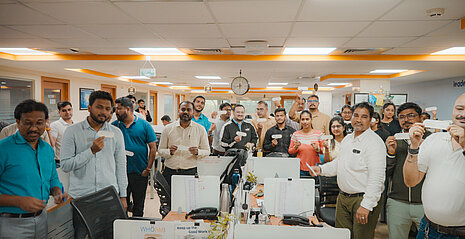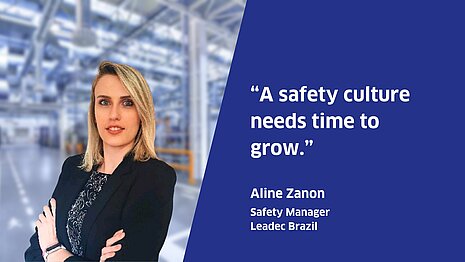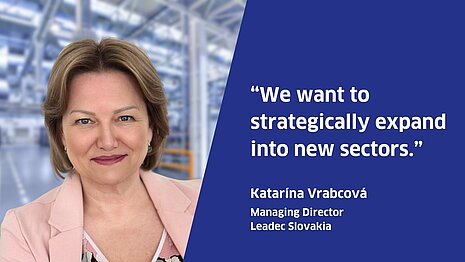The job market is undergoing major changes, application processes are evolving, and AI is playing an increasingly significant role. Tatjana Bieker, Head of Talent Acquisition & Employer Branding Europe at Leadec, talks in this interview about current developments in recruiting, specific challenges, and why traditional approaches are no longer enough.
“Recruiting Is Much More Than Just Reviewing Résumés”
Tatjana, how would you describe the current situation in the job market?
The situation is mixed and clearly more tense than it was in 2023. It really depends on the specific profession. Skilled technical workers and truck drivers are still in demand. On the other hand, there’s currently less demand for office staff and professionals in IT or engineering.
The situation is especially challenging for those who have just finished their vocational training or university degree. There's a lot of talk about their jobs soon being replaced by AI. I think that distracts from the real issue and, at least in part, is a bit of a red herring. The fact is, there are simply fewer jobs overall — and everyone trying to get started in their career feels that.
Is Leadec noticing this trend? Are there any upsides?
Yes, but only to a limited extent. While we’re seeing a higher number of applications overall, many of them unfortunately don’t match the specific requirements we have in the industrial services sector. Retraining isn’t always feasible either, even though we’re especially looking to expand our offerings in the technical field.
What recruiting strategies does Leadec use?
Our goals and sub-strategies are derived from the company’s overall strategy — for example, with regard to different service lines and future scenarios. Based on that, we develop measures to reach the relevant target groups. We focus on a targeted approach — using personas, for instance, to help us better understand our audiences. What benefits matter to them? What expectations do they have? The answers vary as much as the professions themselves.
Social media-based employer branding, active sourcing on platforms like LinkedIn, and personal contact at job fairs are key channels for us to connect with the right talent.
A real success factor is our internal “Employee Referral Program.” In addition, we work closely with universities, vocational schools, and chambers of commerce and trade — because networking is absolutely crucial in recruiting.
What about international recruiting?
International recruiting is becoming increasingly important to us — especially in areas where skilled workers are hard to find in Germany. A good example is the field of electrical engineering. We're expanding our efforts there — on the one hand with the help of specialized external partners, and on the other through our internal Leadec network.
We also recruit internationally for specific projects, such as production ramp-ups. In those cases, location matters less than qualifications. A strong network — both within the company and externally — is what ultimately determines success.
One element in this context is the USO (United Services Organization) Transitions Program, which operates in Germany and other European countries. It supports U.S. military personnel approaching the end of their service in transitioning to the civilian job market. We have already been able to attract several talented individuals to Leadec and have successfully filled positions—particularly in IT. However, I also see potential in other areas, such as logistics.
How is industrial transformation affecting your work?
The profiles we’re looking for have changed significantly. IT skills are almost always in demand. And the interaction between humans and machines is becoming increasingly important in the context of Industry 4.0.
That’s why we place strong emphasis on internal training. Our recruiting and people development teams work closely together to prepare our workforce for the future.
When you think of current challenges in recruiting, what stands out to you?
Candidate expectations have changed noticeably — regardless of whether they’re actively looking for a job or being approached by us. Many want a fast and transparent application process.
Then there are new issues like ghosting — when candidates suddenly disappear without a word — as well as fake applications and security risks like phishing or spam emails. These developments require a great deal of sensitivity and vigilance across different areas.
What role does AI play in recruiting?
Right now, AI mainly supports our processes — for instance, in planning and analyzing campaigns. Our team is actively exploring the topic, but we’re cautious, especially because we’re dealing with sensitive data.
What’s clear is this: we don’t make decisions about people through automated systems. Soft skills, personality, and team spirit — no machine can assess those as well as a human can. That’s why I expect to see a real comeback of personal interviews, especially in response to new challenges like deepfakes.
What do you personally enjoy most about recruiting at Leadec?
Definitely the variety and dynamism. No two days are alike, and there’s always room to try out new ideas — especially when it comes to campaigns or reaching out to new audiences.
I also really appreciate the close, trusting collaboration with Leadec’s specialist departments. We work together as a team and take a strategic approach. And most importantly: we have the freedom to explore new paths. That’s what makes it so rewarding.
You may also be interested in the following articles:
Are you interested in our services?
Please send us your request. We would be happy to hear from you.
*mandatory























